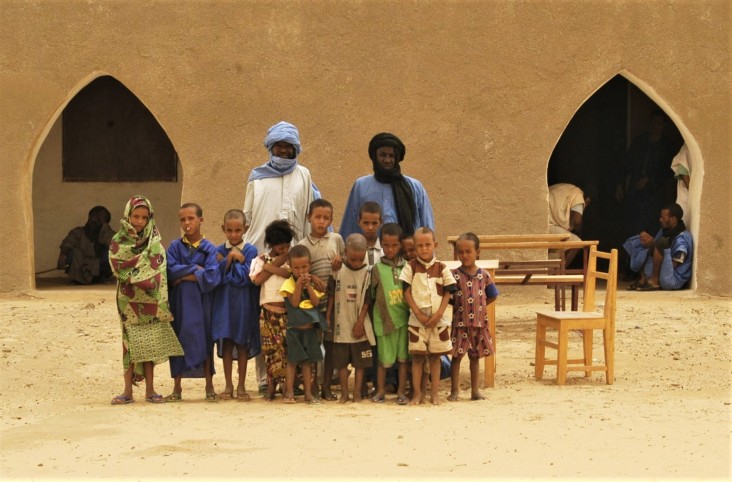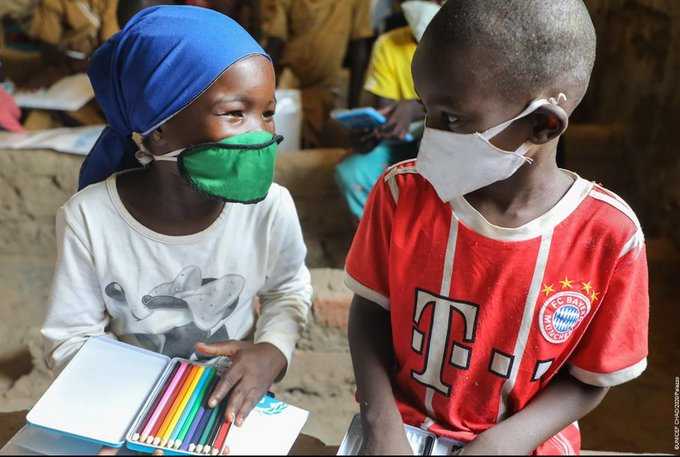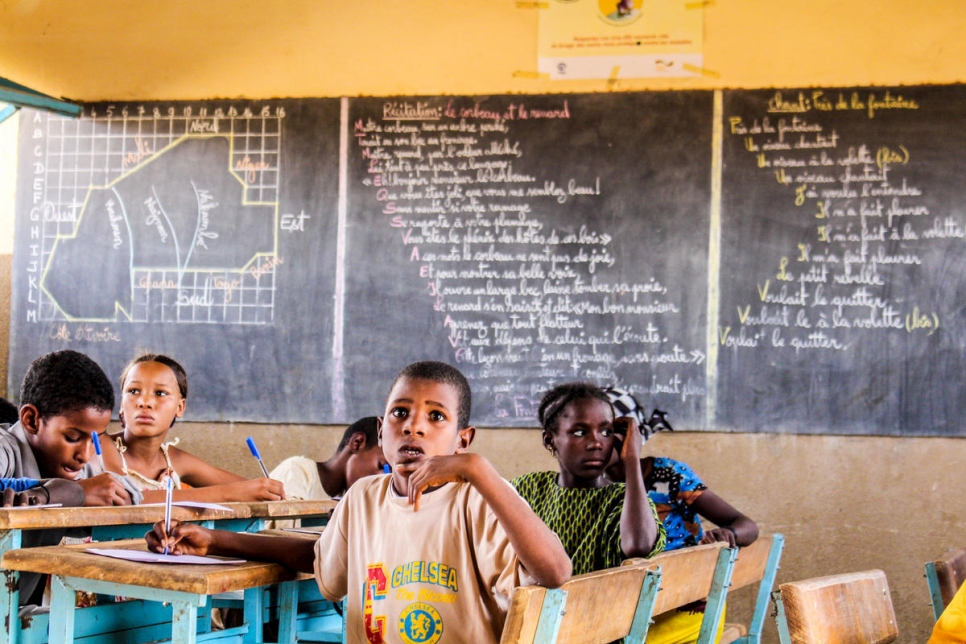‘Attacks on Students, Teachers, and Schools Surge in Africa’s Sahel’ – GCPEA

First international day to protect education from attack addresses violations globally
View original on GCPEA
The Central Sahel has seen a significant spike in attacks on students, teachers, and schools since 2018, according to a new report released today by the Global Coalition to Protect Education from Attack (GCPEA). The report is launched ahead of the first ever United Nations International Day to Protect Education from Attack on September 9, 2020.
Supporting Safe Education in the Central Sahel noted over 85 attacks on education in Burkina Faso, Mali, and Niger between January and July 2020, despite Covid-19-related school closures between late March and May. At least 27 attacks on middle schools were recorded in Mali when schools reopened for children to take their exams in June.
These attacks follow an alarming increase in attacks on education across the Central Sahel in recent years. In Burkina Faso and Niger, attacks on education more than doubled between 2018 and 2019, contributing to the closure of more than 2,000 schools. In Mali, over 60 attacks on education took place in 2019 alone, with over 1,100 schools closed.
Non-state armed groups targeted state education across the Central Sahel, most commonly by burning and looting schools and threatening, abducting, or killing teachers, the report said. State forces and non-state armed groups also used dozens of schools for military purposes, including as camps and temporary bases.
Female students and educators are specifically affected by attacks, GCPEA found. Pregnancy from rape, the health consequences and stigma of sexual violence, the risk of early marriage, and the privileging of boys’ education over girls’ all make it particularly difficult for girls to return to school.
“The International Day to Protect Education from Attack is a crucial moment to highlight the scope and enormous cost that attacks on education have on the lives and futures of students and communities,” said Diya Nijhowne, executive director of GCPEA. “But it is also a time to recognize the significant progress made towards protecting students and educators, including through widespread adoption of the Safe Schools Declaration and advances in its implementation.”
The Safe Schools Declaration, a political commitment to protect students, educators, schools, and universities in armed conflict, currently has 104 state signatories. By endorsing the declaration, countries commit to take concrete steps to protect education in armed conflict, including by using the Guidelines for Protecting Schools and Universities from Military Use during Armed Conflict.
GCPEA calls for coordinated, targeted, and sustainable support to implement the Safe Schools Declaration and keep students, teachers, and educational facilities across the Central Sahel safe from attack. This includes prioritizing and funding measures to prevent, mitigate, and respond to attacks on education within humanitarian response and development plans and programs. As the three Central Sahel countries confront interlinked humanitarian crises, regional efforts should also be taken to reinforce monitoring and reporting of attacks and develop prevention and response plans.
The Ministerial Roundtable on the Central Sahel, to be hosted by Denmark, Germany, the European Union, and the UN on October 20, provides a key opportunity to place protection of education firmly on the humanitarian agenda.
The Central Sahel report draws on new data from the coalition’s flagship report, Education under Attack, which identified more than 11,000 attacks on education facilities, students, and educators between 2015 and 2019, harming, injuring, or killing more than 22,000 students, teachers, and academics globally.
As schools in the Central Sahel and globally resume after Covid-19 lockdowns, GCPEA urges governments to ensure that education providers conduct risk assessments prior to reopening and enact appropriate security measures where needed to minimize students’ and teachers’ risk of attack. Where schools and universities cannot reopen safely, alternative and distance measures should be put in place. GCPEA also urges governments and education providers to ensure that any post-Covid-19 “back-to-school” campaigns and catch-up classes include learners previously excluded from studies by attacks on education. Governments and education providers should also ensure that distance-learning programs established in response to Covid-19 are accessible to and benefit learners affected by attacks and insecurity.
“On this first International Day to Protect Education from Attack and in the midst of the Covid-19 pandemic, governments and donors should act to keep students and educators, schools, and universities safe from attack in the Central Sahel and globally,” Nijhowne said. “As programs and policies are developed to support the continuation of education during the health crisis, there is an opening to ensure that they incorporate protection against attack, and include students excluded from learning due to past attacks.”
For Press Inquiries:
Anouk Desgroseilliers:
adesgroseilliers@un-ecw.org
+1-917-640-6820
Kent Page:
kpage@unicef.org
+1-917-302-1735



